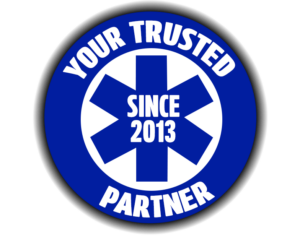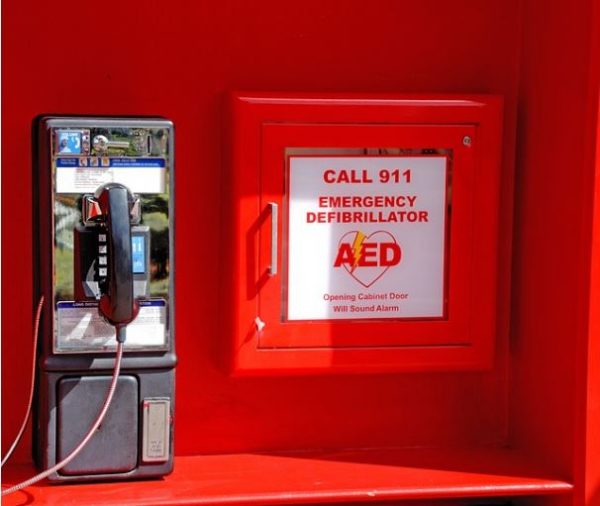
4 Things You Should Know About Hyperventilation Syndrome
Hyperventilation syndrome is a medical condition where one breathes too fast alongside shortness of breath. Normally, breathing balances with oxygen intake and carbon dioxide uptake, which takes an average of 12 to 15 breaths a minute. When a person hyperventilates, there is no balance in this gas exchange. More carbon dioxide will be released, resulting in shallow carbon dioxide levels with changes in the pH of the blood. When hyperventilation becomes a frequent occurrence, it is called hyperventilation syndrome. Depending on the severity of the condition, biomed equipment may be required to stabilize the patient.
Causes of Hyperventilation and Hyperventilation Syndrome
Hyperventilation is not a disease. It is normally a symptom of a different condition and in many cases, emotional distress. Fear, anxiety, and stress are common causes. But hyperventilation can also be caused by serious medical conditions, including:
- Infection (e.g. pneumonia)
- Head injury
- Diabetic ketoacidosis
- Lung diseases
- Severe pain
- Drug overdose
- Heart conditions
- High altitude
- Panic attack
Hyperventilation syndrome, on the other hand, has no known causes. Certain people can produce over-breathing patterns in certain conditions or situations.
Symptoms of Hyperventilation Syndrome
People with hyperventilation syndrome may also report emotional, nervous system, chest, and stomach discomforts. Hyperventilation syndrome can lead to taking in excessive air. It may lead to symptoms like:
- Burping
- Bloating
- Flatulence
- Pressure sensation in the abdomen
Hyperventilation can also lead to chemical changes in the body. The drop in carbon dioxide levels in the blood can shorten the flow of blood to the brain, which may lead to symptoms like:
- Confusion
- Agitation
- Dizziness
- Fainting
- A feeling as though the person can’t breathe
- A sense of seeing images that aren’t real
Hyperventilation cause nerve problems including muscle twitching, cramps in the feet and hands, tingling around the arms or mouth or numbness.
Distinguishing Hyperventilation from Other Breathing Disorders
The first step is to recognize that it is hyperventilation syndrome. There are many other causes of over-breathing which may need immediate medical attention. If the patient with rapid or shallow breathing can become calmer or slow his or her breath, then it might be hyperventilation syndrome.
Treating Hyperventilation Syndrome
Hyperventilation can be treated. The most crucial element is trying to stay calm. Breathing through pursed lips or using some form of relaxation exercise can help. If the condition continues, specialized biomed equipment may be required. But, do not breathe into a paper bag. Experts no longer recommend that technique because it has been found to do more harm than good.



